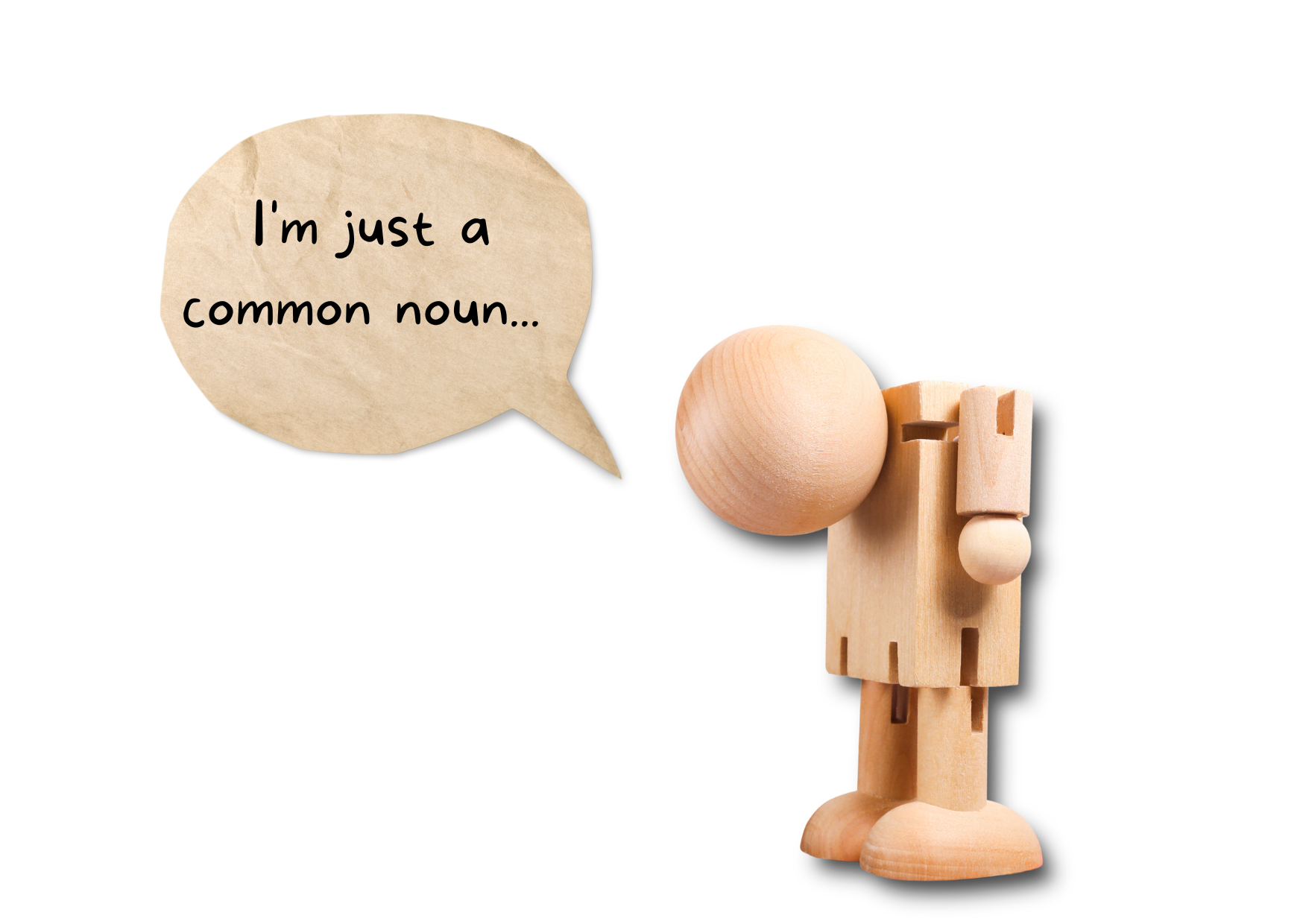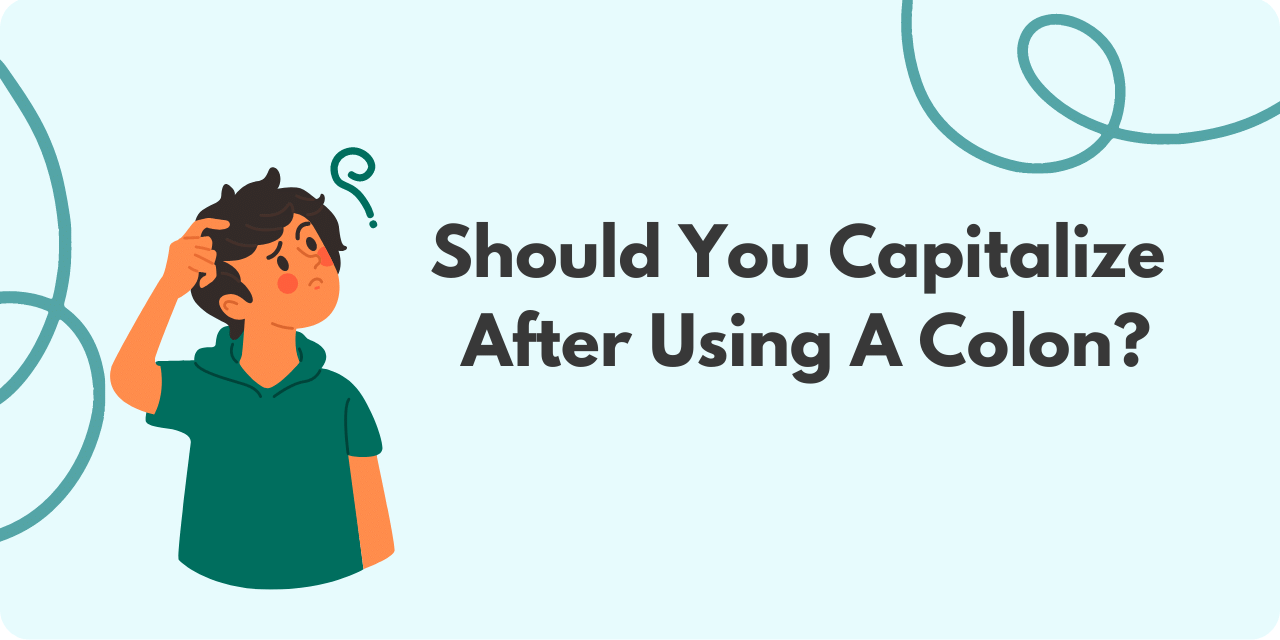Common nouns are one of the most used groups of words in English. A common noun is often one of the first concepts taught to English-learning children. To put it simply, common nouns refer to people, places, things, groups, or even complex ideas.

Common nouns are usually found throughout sentences. Thus you usually shouldn’t capitalize them unless they are the initial word in a sentence. When thinking of common nouns in terms of abstract thoughts and ideas, some great examples include “love,” “dreams,” and “sleep.”
Common Nouns V.s. Proper Nouns
In contrast to common nouns, there are also proper puns, which usually name something specific. Proper nouns (such as names) are usually capitalized within a sentence. For example:
- Common noun: I love to eat chocolate.
- Proper noun: I love to eat Nutella Chocolate Spread.
Usually, brand names or personal names are the most common proper nouns, and they must be capitalized in a sentence, as shown above. Let’s look at more examples of common and proper nouns.
- Common noun: My dog is the sweetest pet I’ve ever met.
- Proper Noun: My dog Rex is the sweetest pet I’ve ever met.
- Common noun: Jamieson loves to go to the library.
- Proper noun: Jamieson loves to go to the Los Angeles Public Library.
When To Capitalize Nouns
It may seem simple to distinguish common nouns from proper nouns; however, there are some instances where the rules may seem unclear.
To reiterate the always-true rule, common nouns should be lowercase unless they are found at the start of a sentence. Some common words, such as “president,” seem to be proper nouns. However, they are common, as they aren’t referring to a specific person or entity.
For example, saying “President Johnson” would be correct as the word is tied in with a specific person’s title, whereas “the President” would be incorrect because it does not refer to a specific person.
When To Not Capitalize Nouns
Again, you should not capitalize common nouns when used within sentences (unless they are at the very beginning).
Along with the same example of the word “president,” it would be incorrect to capitalize it unless it is used before a specific president’s name, such as “President Johnson.” If it is used alone or to refer to the simple position of being a president, it should be left uncapitalized.
For other similar positions that appear in the business world, such as a “board of directors,” it would also be incorrect to capitalize unless it is referring to a specific member or proper noun. For example:
- Correct: I have a meeting with the board of directors later this afternoon.
- Incorrect: I have a meeting with the Board Of Directors later this afternoon.
- Correct: The company is putting on the annual Board of Directors Award Show next week!
- Incorrect: The company is putting on the annual board of directors award show next week!
As a final reminder, unless your common noun (such as “president” or “board of directors”) is part of a specific proper noun, it should not be capitalized under any means!
Related: Have a look at our other articles dealing with capitalisation:
“Should Academic Degrees Be Capitalized?”
“Do You Capitalize Good Morning?”
“Do You Capitalize Compass Direction?“
Want to sharpen your business writing skills? Discover our acclaimed online courses at syntaxtraining.com Whether you want to learn about taking taking meeting notes, become a master proofreader, master punctuation or tune-up your business writing skills, our courses are here to help you.






